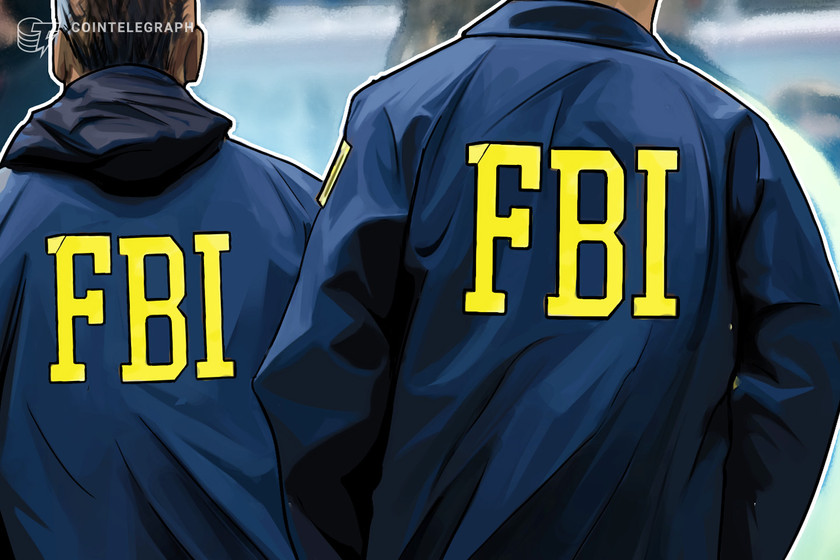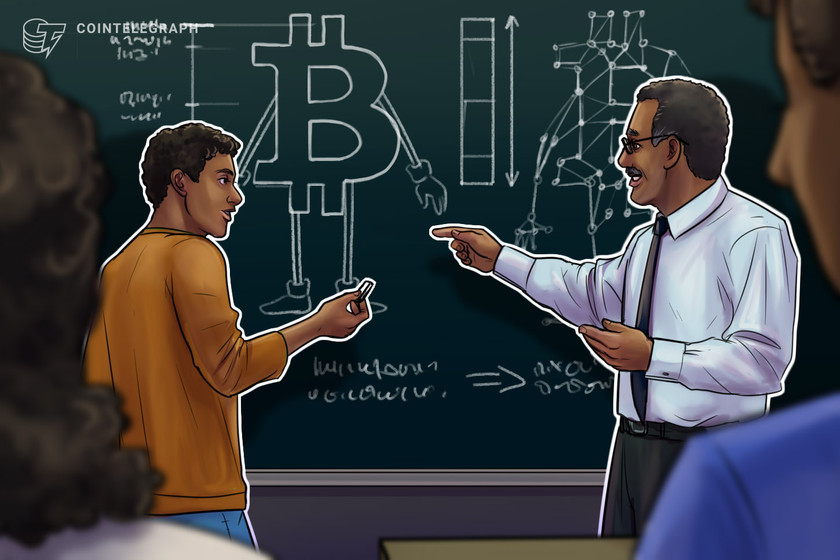FBI, NY authorities probes collapse of TerraUSD stablecoin: Report


The controversial founder of Terraform Labs, Do Kwon, is at the center of the investigation, despite being believed to be hiding out in Serbia.
The United States Justice Department is reportedly investigating the collapse of the TerraClassicUSD (USTC) stablecoin, which contributed to a $40 billion wipeout in the Terra ecosystem last May.
Two agencies within the department — the Federal Bureau of Investigation and the U.S. Attorney’s Office for the Southern District of New York — have interrogated former staff at Terraform Labs in recent weeks, according to a March 13 The Wall Street Journal report.
The probe covers similar ground to a lawsuit filed against Terraform Labs and its founder Do Kwon by the U.S. Securities Exchange Commission on Feb. 16, according to people familiar with the matter.
Among topics that investigators have asked about was the relationship between Chai, a South Korean-based payment platform, and the Terra blockchain on which USTC operated.
The SEC alleged in its filing alleged that Kwon misled investors into believing that Chai transactions were processed on the Terra blockchain.


The SEC in its lawsuit also accused Kwon of misleading investors about the risks of the algorithmic-based stablecoin, which is designed to be pegged 1:1 to the U.S. dollar.
It is unclear what specific charges the Justice Department is potentially pursuing. The investigation does not necessarily mean that charges will be filed.
Related: Do Kwon had the right idea, banks are risk to fiat-backed stablecoins — CZ
Since the collapse, Kwon reportedly left South Korea for Singapore, Dubai, and now Serbia, where he is now believed to be, according to South Korean officials. Two South Korean authorities were recently sent to Serbia to find Kwon but were unsuccessful in their search attempts.
Kwon, however, claims he is not “on the run” despite the South Korean prosecutors issuing Kwon an arrest warrant on Sept. 14 and a red notice filed by Interpol, the global law enforcement agency, on Sept. 26.
Kwon told podcaster Laura Shin in October that he hasn’t seen a copy of the South Korean arrest warrant, and has continued to deny fraud allegations on social media.
I am not “on the run” or anything similar – for any government agency that has shown interest to communicate, we are in full cooperation and we don’t have anything to hide
— Do Kwon (@stablekwon) September 17, 2022
Meanwhile, New York prosecutors are understood to be investigating a series of chat-group investigations from former members at Jump Trading, Jane Street and Alameda Research, Bloomberg reported on March 13. Alameda filed for bankruptcy alongside FTX in November.
The investigation is reportedly looking into whether market manipulation tactics were involved in the TerraUSD stablecoin project.
Cointelegraph reached out to Terraform Labs but did not receive an immediate response.











